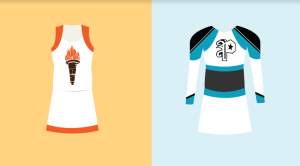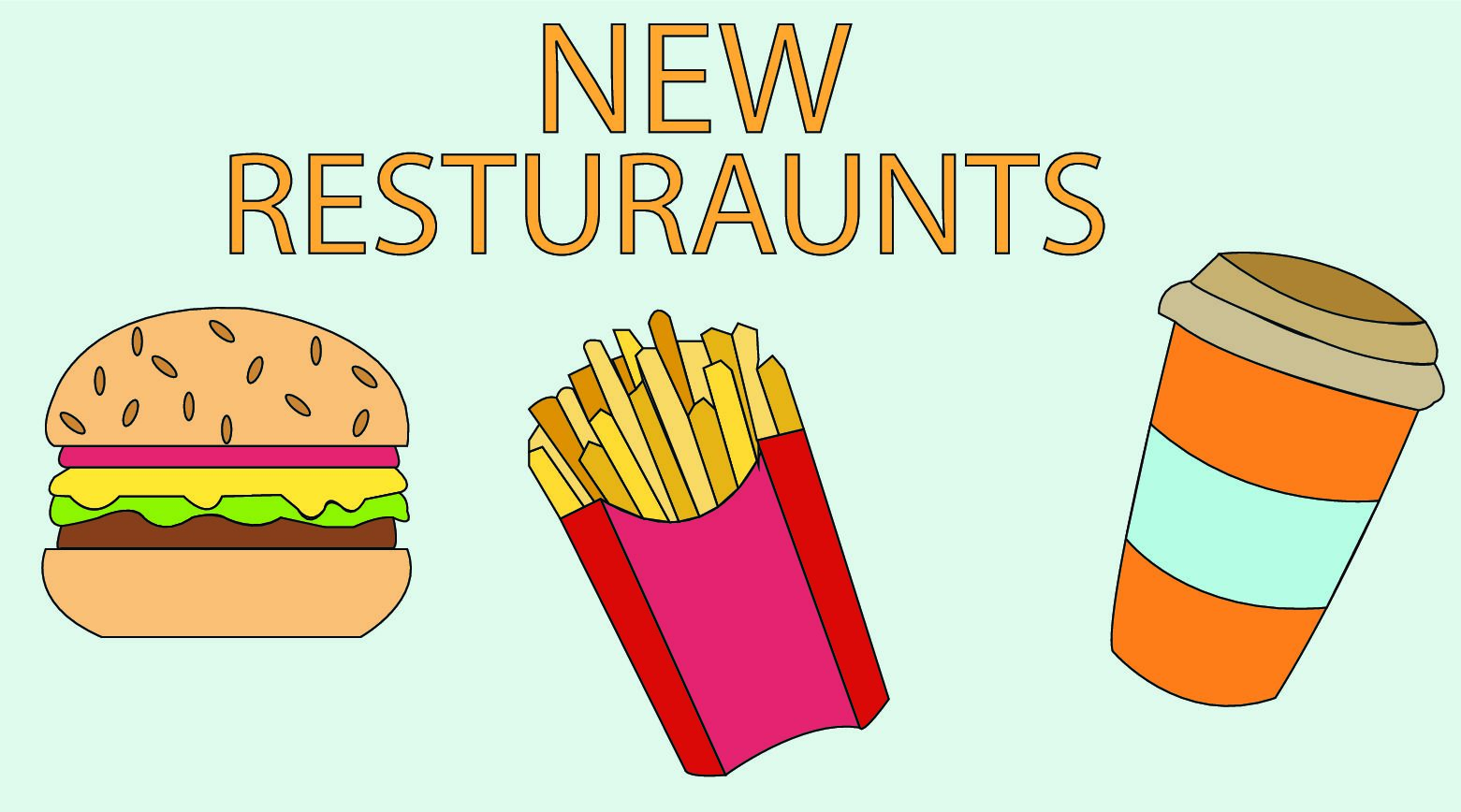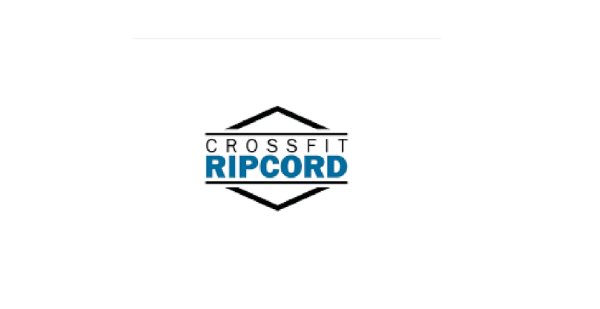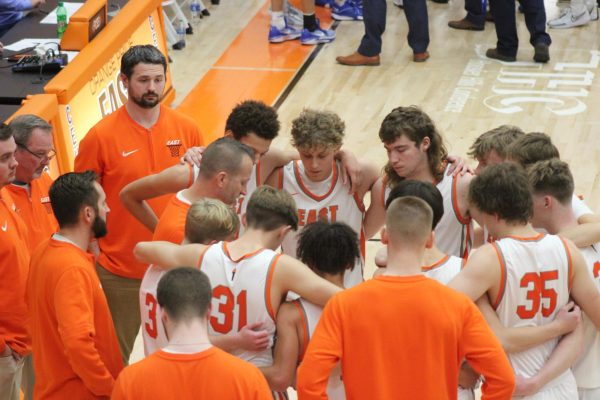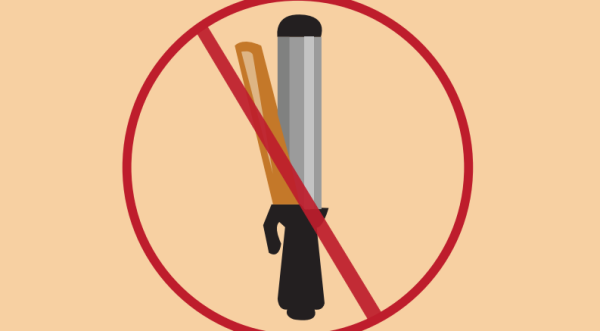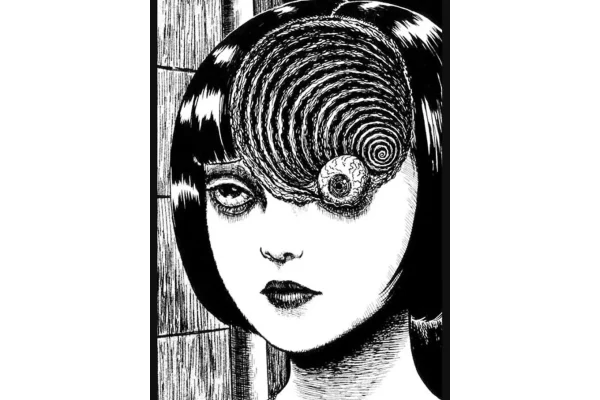Opinion: Harpring on hipsters
February 3, 2016
You know who I’m talking about.
They use typewriters instead of computers. They are the only people in record shops who don’t remember The Depression. They drink 100% fair trade, all-natural, free-range artisan coffee with smug little grins like they were into coffee before the Ethiopians. They pride themselves on being chill and relaxed – well, right up until someone claims to have been listening to Bon Iver before them. Then there’s a proper raucous at the vintage clothing store. But aside from taking off their bow ties for a brawl, they are known for being chill, open to ideas and above all, they are not “mainstream”.
While pretty much everyone can visualize a hipster, and most of you probably know a few, no one really seems to know exactly what makes a hipster. The weird thing is, hipsters don’t say that they are hipsters. That would be the opposite of what they are looking to be. They just think they are cool and independent. They want to be original and definitely not mainstream.
But the thing is, because the whole hipster thing is so popular now, it kind of is mainstream. Everything that hipsters think are so original and unique are becoming very common. And that really defeats the purpose, doesn’t it? But take away the paradox and there remains a truth. Sometimes things are popular or ”mainstream” because they are genuinely good.
Hipsters really seem to love the old-school ways of doing things and are typically opposed to a lot of modern conveniences. By that logic, it would seem that the Amish were hipsters before it was cool, but somehow it doesn’t work like that. Hipsters may seem innocent enough but, what annoys me is that they take something assumed to be out of date but actually works really well and is often less complicated than the modern equivalent, (e.g., a typewriter) and make it popular and I hate to say it, but that’s mainstream. Once they start doing something, it trickles down until everyone is doing it and then it isn’t cool anymore.
To me, a rogue author using a typewriter instead a computer is cool. They want something simple and time-tested. It also has an element about it that seems to perfectly capture what we think writing should be about and who writers are. It harks back to a time that the writer may not have lived in, but felt like they did. Yes, they’re actually a hassle to use but that’s all part of the romance isn’t it? But then, hipsters move in and start using typewriters and suddenly this very cool, unique alternative becomes neither of those things.
Sometimes the old ways are the best. I like simplicity and classic ways of doing things. Sometimes they work better and I like how they often slow things down and really make me think about what I’m doing. In our fast-paced world of constant information and complexity, sometimes we need to avoid complexity and focus on one thing at a time. That said, I’m no opponent to modern technology. We wouldn’t progress without technology and it allows us to appreciate the charm of the old ways.
A group of people who don’t even identify themselves as a group and pride themselves on hysterically outdated technology doesn’t really seem like something that would take off, but obviously it has. And the fact that it’s taken off means it isn’t very unique anymore. When hipsters introduce a long forgotten favorite to the world and bring to light what the proponents of the old ways have been discreetly savoring, they instantly ruin it and make nostalgia uncool.
Maybe I’m being cynical, but when hipsters start doing something or start going somewhere, they just ruin it by making it trendy. For example, have you ever have a favorite cool, under-the-radar restaurant or coffee shop that’s been infested with hipsters? Hipsters ruin things like this just because they want to be different. All they care about is their image. They want to appear different and unique, they want to be setting the new trends. Their phobia of mainstream culture means they don’t actually appreciate these things, they just adopt them in an unauthentic manner.
While I’d love to write this in a coffee shop with a typewriter and a record player wafting rich tunes through the air, the coffee shops are full and a poetry debate has broken out on which record to play. So I am writing this on a computer in a plain white room, listening to an iPhone.
And it’s not the same.



